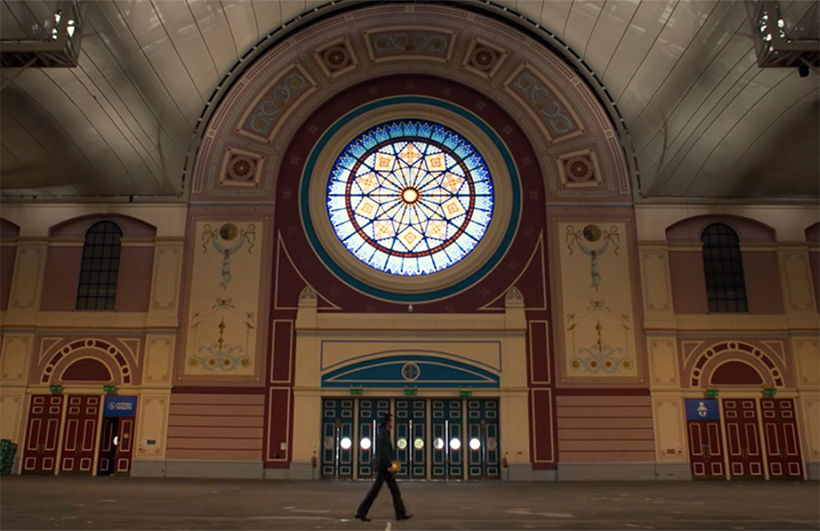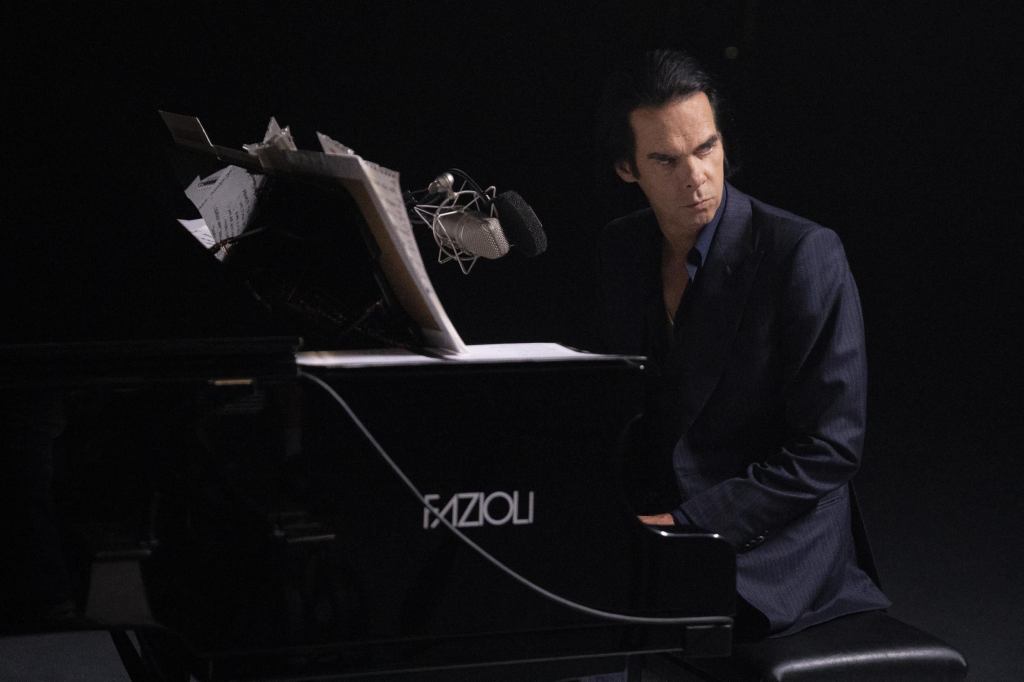As the COVID-19 pandemic rolls ever onwards, the arts industries continue to suffer, with no clear guidance from the government as to when theatres, comedy clubs and live music venues can reopen in a way that is both safe and profitable. To pay my mortgage, I work in a box office for a currently dormant theatre. On the one hand it’s been scary as we’re faced with uncertainty over the future of our industry amidst cancelled shows and refund requests. On the other, at least a quarter of the calls and emails we’re getting are from lovely, supportive people who are so desperate to get back inside the theatre, happily donate tickets for cancelled shows and wish us all the best.
Whilst Hamilton going up on Disney+ a year early, the National Theatre and Andrew Lloyd Webber uploading a show to YouTube every week are all lovely, lovely things there is nothing that truly replicates the live experience in the comfort of our homes. As the filmmaker and writer Mark Cousins tweeted recently “I’m myself at home. Going to the pictures makes me not myself, makes me bigger than life – more agog, receptive, happy, vulnerable. I’m craving that.”
So was I.
Step forward Nick Cave with “Idiot Prayer: Nick Cave Alone at Alexandra Palace” – a concert movie of such stripped back beauty that is far and away the greatest thing to come out of lockdown and may prove to be the defining film of 2020.
Sumptuously shot by Oscar winning cinematographer Robbie Ryan (The Favourite, Slow West, American Honey) in a dormant Alexandra Palace, the film is a career-spanning solo set beautifully performed by Nick Cave on piano. Ryan’s camera emphasises the starkness of Cave’s isolation in this abandoned, cavernous performance space.

As much as Idiot Prayer is a testament to Cave’s multi-layered work as a singer/songwriter, it’s also an emotive tribute to the live concert experience and the venues that currently lie empty. Above vested-interest soppiness, it’s hard to pin down exactly how the film achieves this – perhaps it’s the balance between the tentative wide shots and more intense close ups that capture the nuances of Cave’s performance. For example, there’s one lovely moment where he seemingly plays the wrong note and allows himself a chuckle at his minor error after near-seamlessly correcting it. It’s the sort of subtle, once-in-a- lifetime moment you share with others after a particularly memorable gig. I have a similar memory of a solo gig he once played at the Edinburgh Playhouse where he fluffed part of The Lyre of Orpheus – reducing himself, the band and the audience to fits of distracting laughter.
I’ve been a fan of Nick Cave since I was a teenager in the early 2000s, when I was drawn to his filthy, rowdy and occasionally beautiful songs of death and destruction from 1996’s Murder Ballads album. A few years later and The Ship Song and his break-up album par-excellence – The Boatman’s Call – saw me through my first proper heartbreak. In recent years I’ve been moved to tears by his melancholy love songs and have been simultaneously fascinated and perplexed by the abstract poetry of his later works that so powerfully evoke themes such as (amongst others) creativity, loss, anger and regret.
Given the circumstances, it’s perhaps no surprise that many of the songs here come from The Boatman’s Call (Black Hair, Brompton Oratory, Into My Arms, (Are You) The One That I’ve Been Waiting For?, Far from Me and, of course, Idiot Prayer) given that album’s pitch-perfect balance of sombre melancholy and romanticism. They’re complemented by a selection of earlier and more recent work alongside some of the more subdued works by Bad Seeds side-project – Grinderman. As a Cave career retrospective it subtly swaggers from feelings of love, loss, anger and longing and feels like an apposite set-list for 2020.

Many, many words have been written about how the COVID-19 pandemic has been a time for reflecting on who we are, what we value as a society and how important human connection is. It’s mostly been bullshit – the clapping for carers became more and more hollow as more and more people flouted lockdown restrictions and the government voted against protecting the NHS from predatory trade deals. Looking at all of this, it’s easy to conclude that people – in Westminster at least – ain’t no good. And yet, the lockdown and social isolation has thrown into sharp focus how much we actually need people.
It’s why all your favourite sitcoms have been sticking up Zoom reunions on YouTube, it’s why you’re talking to your parents more than you have since you were a kid, it’s why you’ve texted those friends you’ve not spoken to for a while.
The release strategy of Idiot Prayer brilliantly tapped into this – announcing it was a one-time screening, never to be repeated and available around the world at specific times for a small admission fee. It’s a memory you can share with friends and fellow fans and is the closest analogue to the live experience, not to mention the most viscerally affecting, I’ve seen since the start of lockdown. It’s why – when shot cinematically by an Oscar winning cinematographer, with nary a tinny microphone or distorted Zoom window in sight – watching Nick Cave playing piano by himself from the comfort of your home can reduce you to a quivering, weeping mess.

